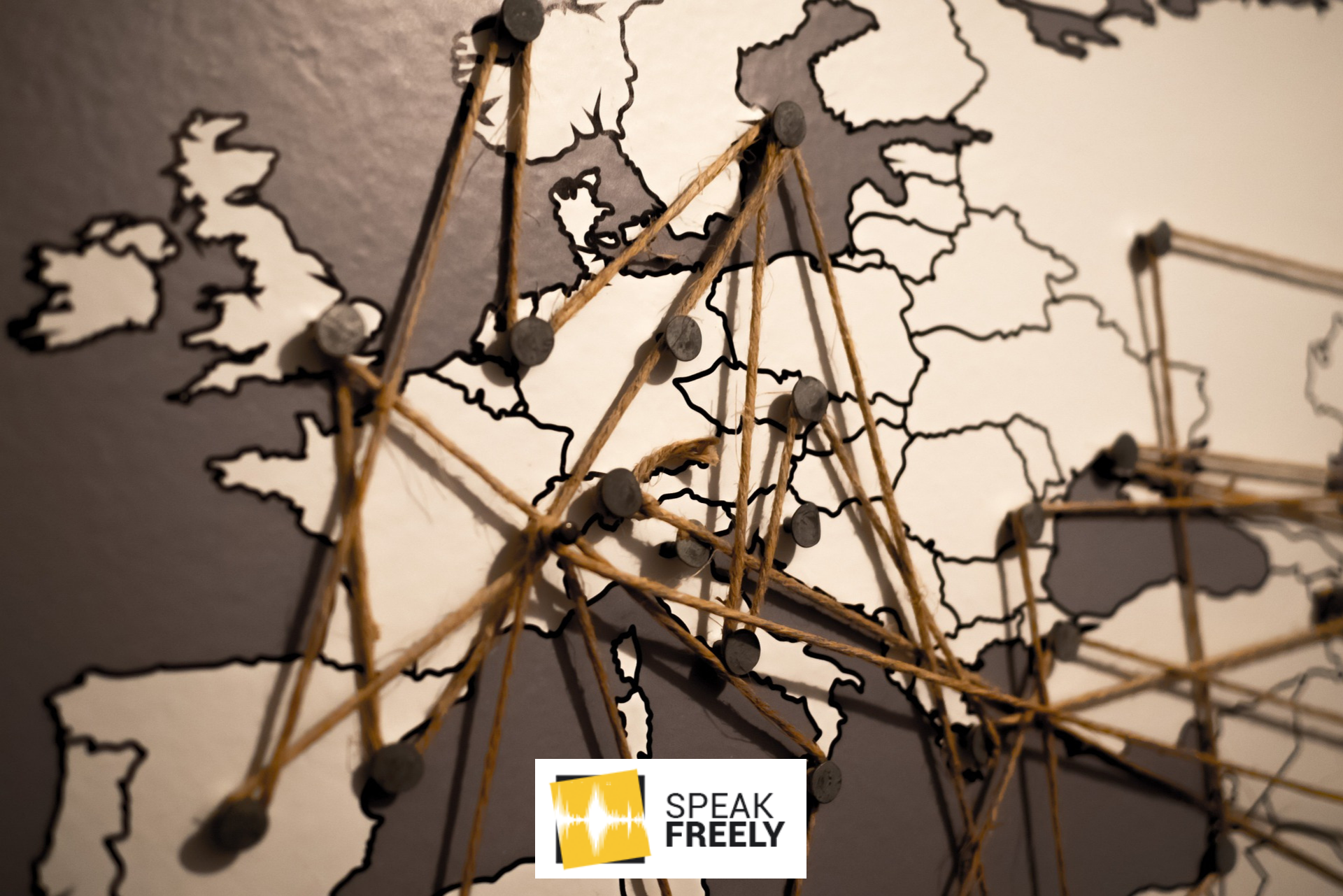Since the establishment of the European Coal and Steel Community way back in the 1950s, Europe has been on a gentle path towards integration. Through the elimination of tariff walls, border checks, and certain national competencies, for better or worse, Europe has slowly but surely been taking the shape of a very loose confederacy.
This is not to say this progress has been easy. On the contrary; there’s seldom been a point in the recent history of Europe that hasn’t seen a certain degree of backlash and defensiveness from the Member States and its people. While Brexit is undoubtedly the most extreme example, the initial rejections of certain treaties from Denmark and Ireland, as well as Greenland’s exit from the European Communities in 1985, certainly serve to show how the European project has undoubtedly been a rocky one.
Nonetheless, the decision of the UK to leave the EU, as well the rise of Euroscepticism across the continent, certainly suggests that the project is in far greater peril than it has been in the past. Naturally, some will rejoice at this; the 52% of Brits who voted to leave the EU, for instance, will certainly feel no love lost for the struggling project. I, too, must admit a small sense of schadenfreude. Despite having voted to remain, I find it hard to defend the EU and its project as it currently stands.
Should the greater project of integration be condemned as a result of more centralised EU powers and mismanagement from those that run them, however? After all, there are many aspects of this project that are highly desirable, especially from a liberal perspective. Free markets, free movement; these are the things liberals fight for.
Surely, to scrap the progress made in these areas as a result of the overreach of the institutions is to throw the baby out with the bathwater. Can we reform the European project to streamline the freedom of markets and people, without following the path of centralisation?
Perhaps so, and the best place to look might be before the project ever began. Writing in 1937, Nobel laureate Friedrich August von Hayek described the necessities of creating a successful union of states in his essay The Economic Conditions of Interstate Federalism.
Right at the start of his essay, Hayek echoes my points on why certain aspects of integration are worth keeping:
“It is rightly regarded as one of the great advantages of interstate federation that it would do away with the impediments as to the movement of men, goods, and capital between the states and that it would render possible the creation of common rules of law, a uniform monetary system, and common control of communications. The material benefits that would spring from the creation of so large an economic area can hardly be overestimated, and it appears to be taken for granted that economic union and political union would be combined as a matter of course.”
While this essay also contains numerous salient points on how to build such a union, the argument essentially boils down to one key condition: you need to have smaller government at both levels of the union. Giving too much power to the European institutions, for instance, is a sure-fire way of alienating the citizens of the nations whose sovereignty you just depleted, a la Brexit.
Likewise, keeping the institutions weak and ineffectual, but sticking with big governments in each Member State allows too much room for national interests and protectionism to inhibit the functioning of the free market between the states.
Sadly, the EU has not followed the advice of Hayek, and has instead pursued a form of integration involving not only a rather large degree of centralisation, but also a questionable level of democracy, further poking the flames of Euroscepticism in its Member States.
Quite simply, if the EU truly wishes to achieve its goal of creating an ‘ever closer union’, it needs to step off. Rather than focusing on more centralising and damaging legislation, such as the infamous Article 13, Europe must now consider drastic reform and considerable downsizing of the institutions. All the European project needs is a return to its roots: a simple motor to facilitate free markets and free people.
This piece solely expresses the opinion of the author and not necessarily the organisation as a whole. Students For Liberty is committed to facilitating a broad dialogue for liberty, representing a variety of opinions. If you’re a student interested in presenting your perspective on this blog, click here to submit a guest post!
Image: Pixabay
